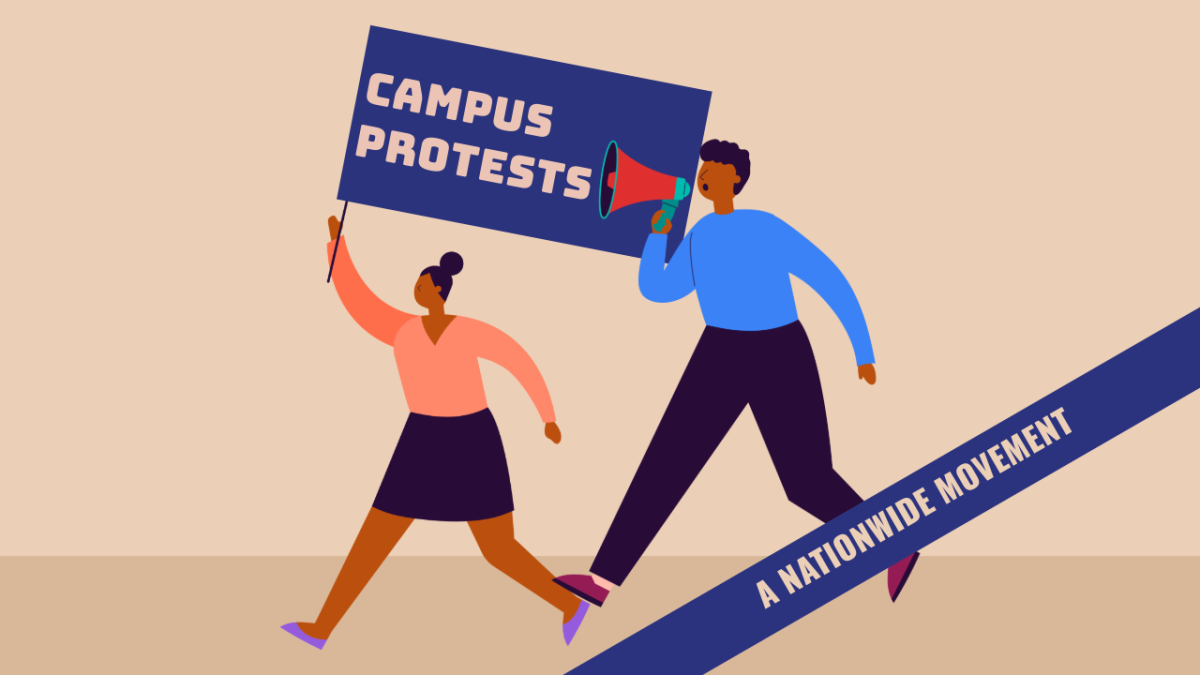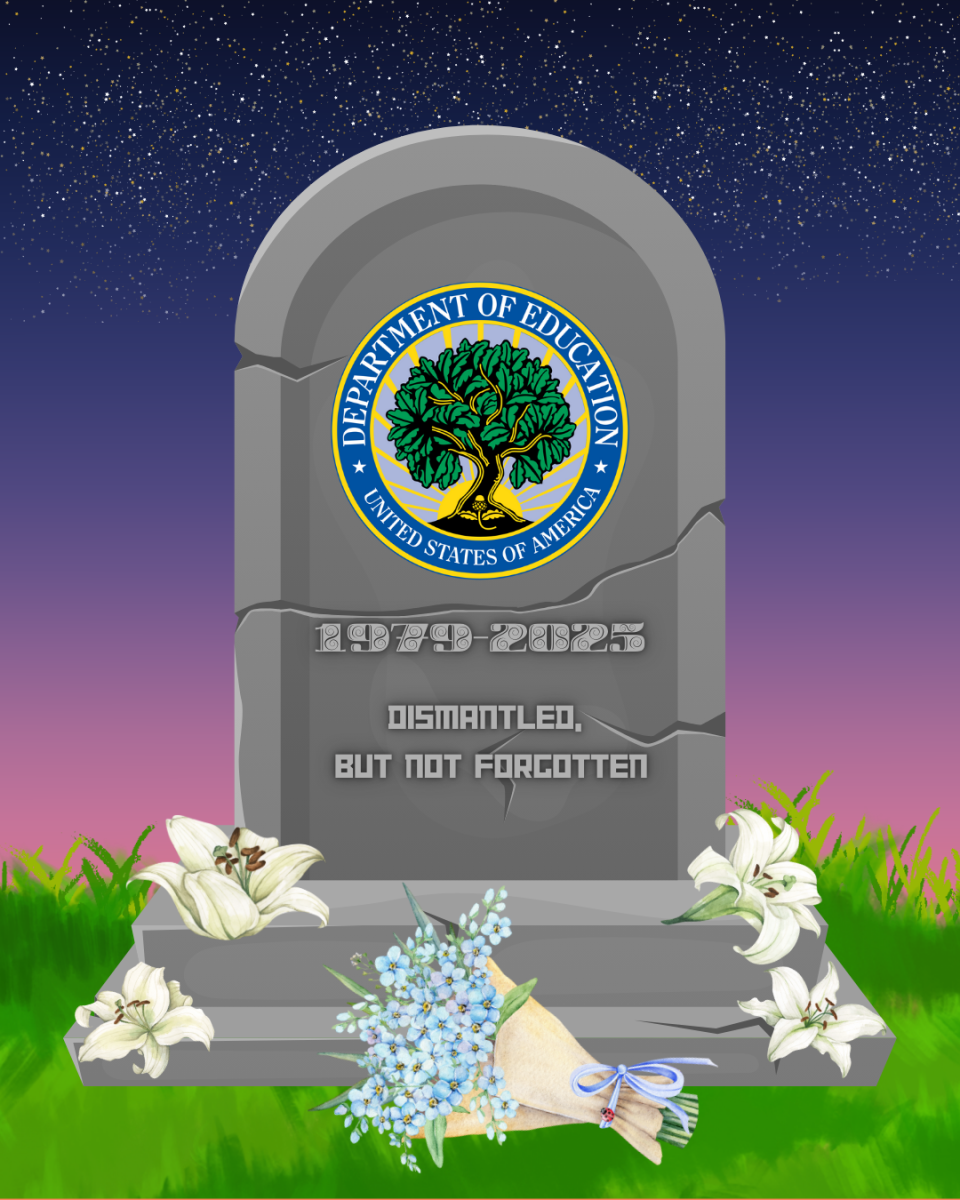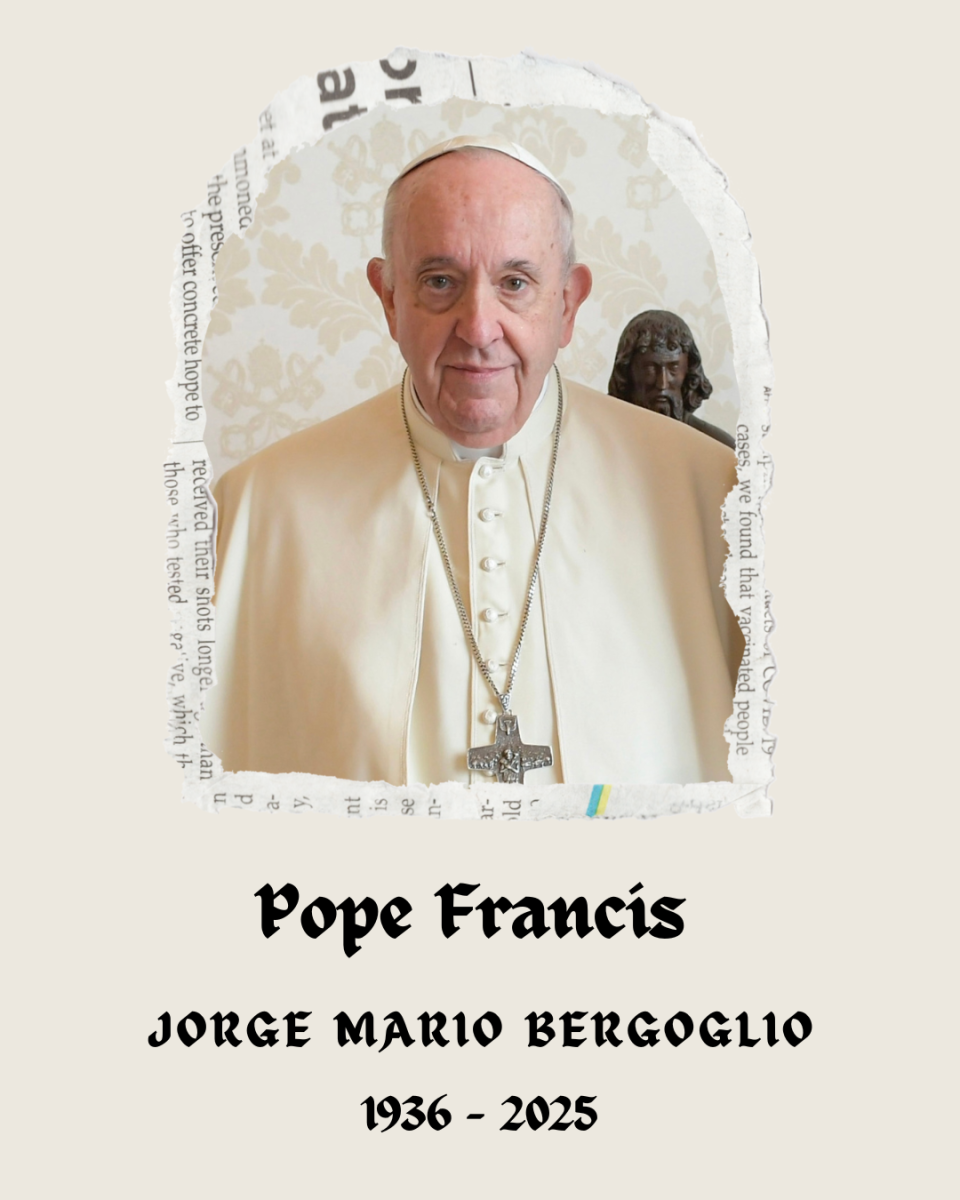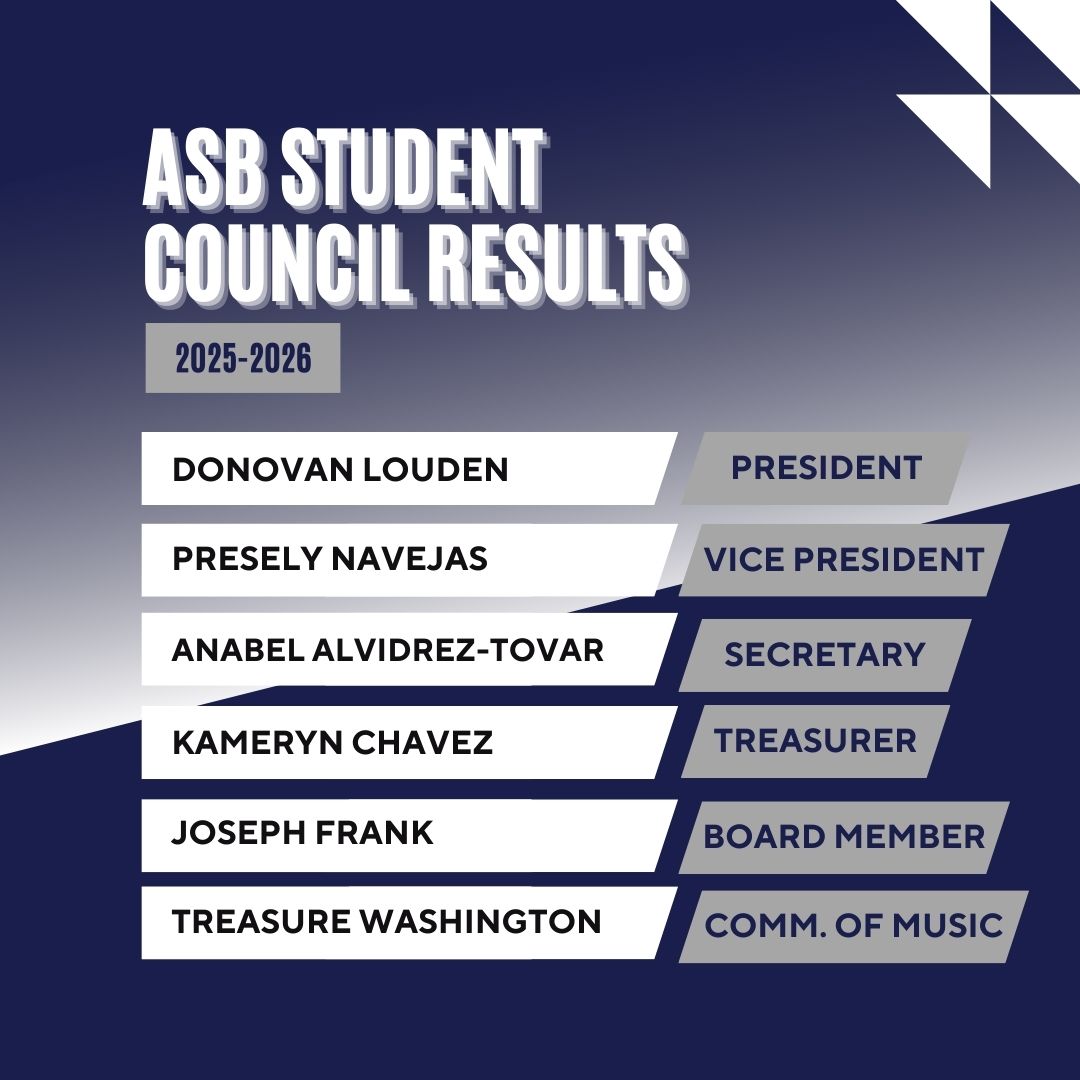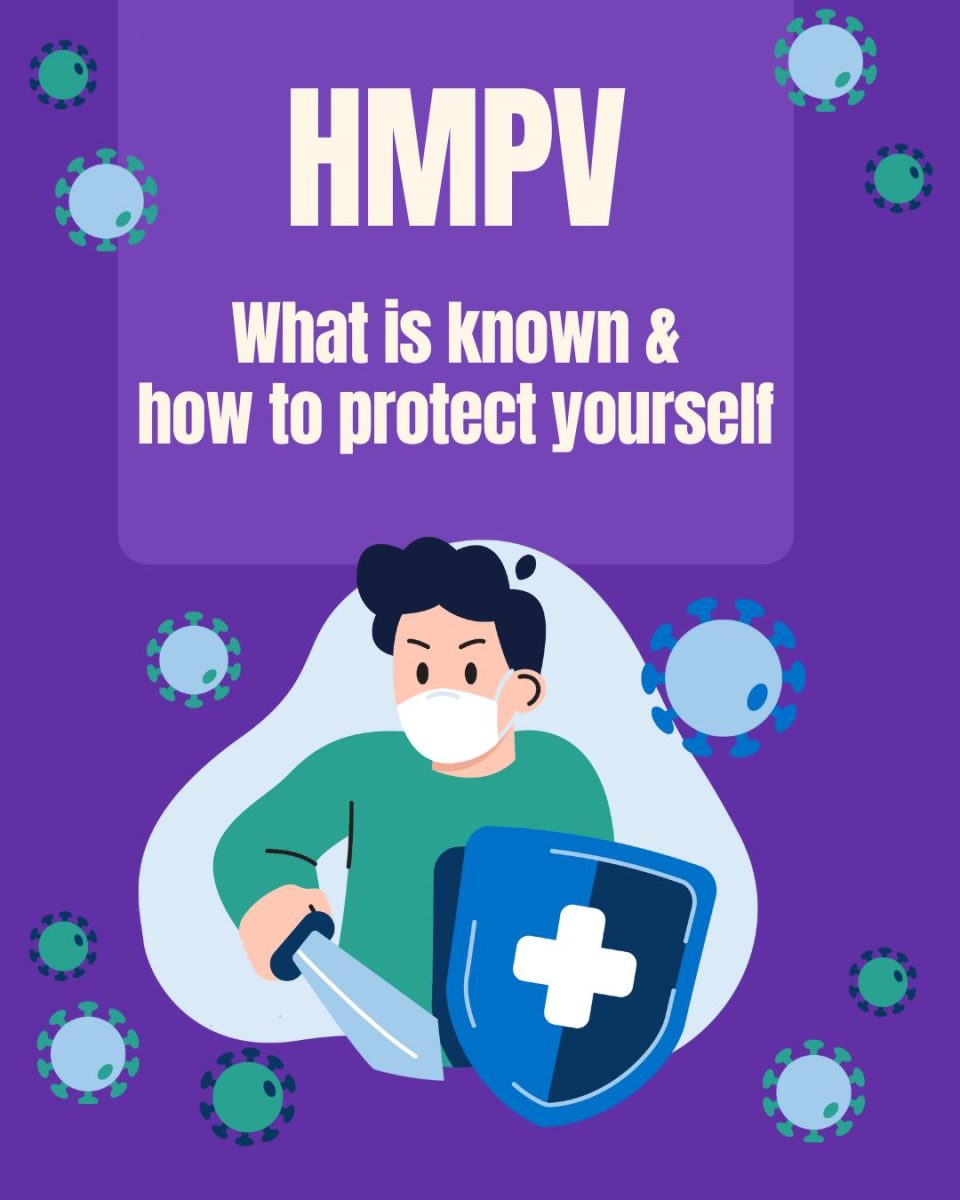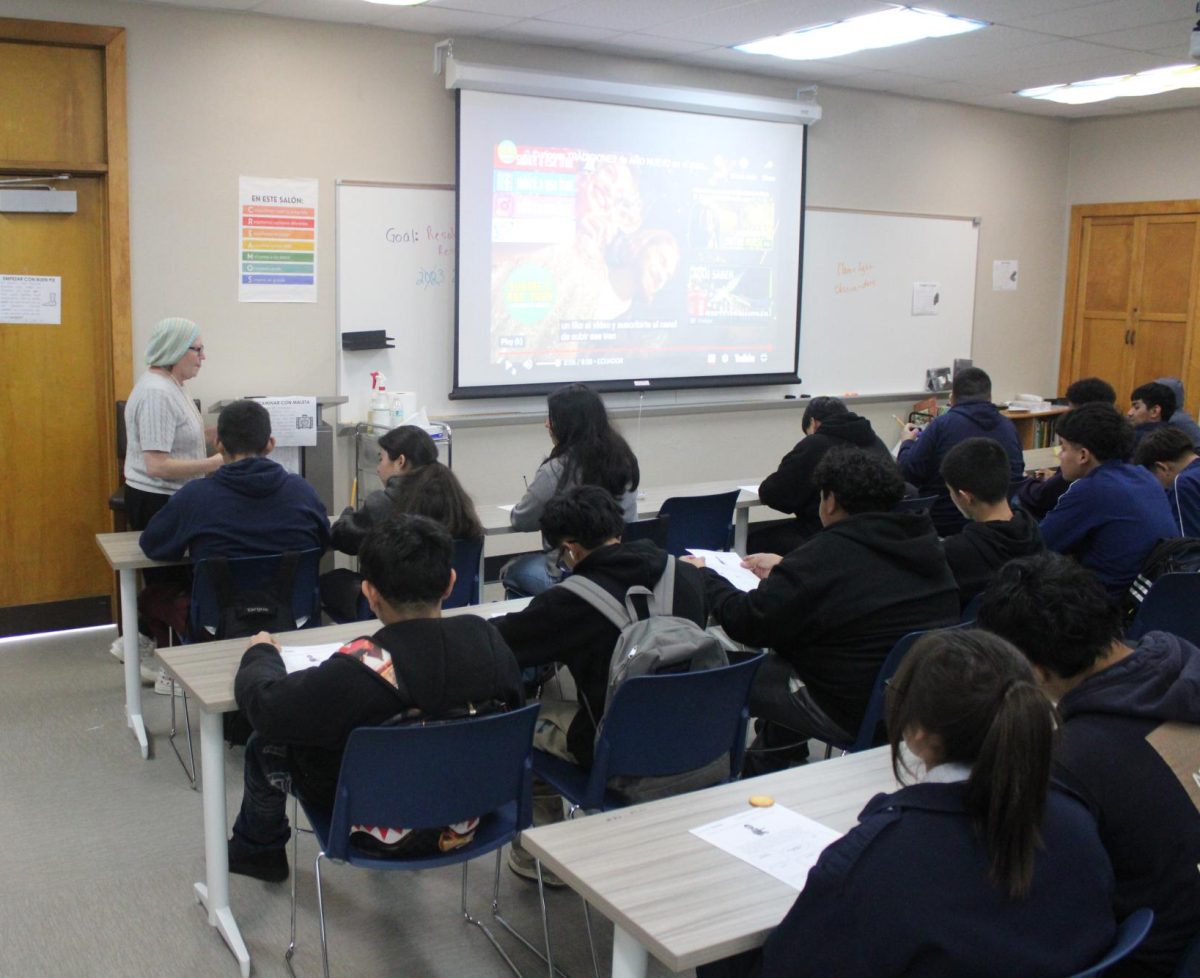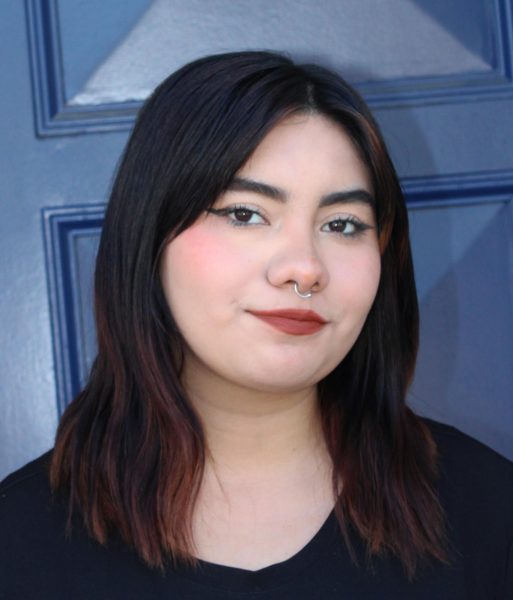In recent weeks, university campuses across the nation have become arenas for rallies and protests regarding the ongoing Israel-Palestine conflict.
As tensions escalate in the Middle East, so do the voices of students, seeking to express solidarity, raise awareness, and advocate various positions on the complex issue.
As protests unfold, students on the West Coast are joining their counterparts on the East Coast in demanding attention to this global issue, highlighting the pervasive nature of the debate within the academic community.
UCLA
A violent confrontation unfolded at the University of California, Los Angeles last week, in which a group of counter protesters attacked demonstrators at a pro-Palestinian encampment for hours.
Several people were injured in the attack when a group of counter-protesters, wearing pro-Israeli slogans on their clothes and playing Israeli music, overwhelmed the pro-Palestinian encampments at UCLA. They began pulling metal barriers away from the demonstrators, shooting fireworks at them and were captured on film attacking, punching, and kicking people.
The actions of the police officers and their hesitance to intervene will be investigated by the University of California system, according to the New York Times.
Sacramento State University
This persisting issue has spread to more local education facilities, such as Sacramento State University. Barricades surrounding the campus library have been erected since Apr. 29. Initially, the administration gave demonstrators a deadline of May. 1 for the encampment to stay, but that deadline has since been extended.
Organizers of the protest said several groups are present, including Jewish Voice for Peace and Students for Justice in Palestine. They have a list of demands for California State University, which include relieving CSU funds from Israel, according to ABC10 News.
“California State University does not intend to alter existing investment policies related to Israel or the Israel-Hamas conflict,” the CSU administration stated in their official statement to ABC10.
UChicago
On the East Coast, pro-Palestinian protesters set up tents on a quad of the University of Chicago last week and administrators took a tolerant approach to the matter.
However, just four days later, the university police descended upon the camps and forcibly dispersed the protesters after the university’s president, Paul Alivisatos, wrote a letter to the administration in a complaint about the leniency.
“The university remains a place where dissenting voices have many avenues to express themselves, but we cannot enable an environment where the expression of some dominates and disrupts the healthy functioning of the community for the rest,” Alivisatos wrote on Apr. 30, according to The New York Times.
M.I.T.
In the early morning of May. 10, police cleared a pro-Palestinian encampment at the Massachusetts Institute of Technology after days of escalating tensions on the Cambridge campus.
At around 4 a.m., police officers gave protestors a 15-minute warning to clear the tents before they began loading people into police vehicles.
The university’s president, Sally Kornbluth, called the incident a “last resort” in a letter addressed to the M.I.T. community, according to the New York Times.
UPenn
Similarly, the police of Pennsylvania cleared a pro-Palestinian encampment off the campus of the University of Pennsylvania early Friday. They made arrests and brought an end to a two-week standoff between protesting students and administrators.
The operation to clear the campus has been peaceful so far, in comparison to the chaos that has erupted on campuses across the nation. During the two-week-long encampment, protestors demanded UPenn disclose its investments and cut ties with businesses that are pro-Israel, according to 6ABC News.
At the heart of these rallies lies a fundamental question: how can universities effectively engage with such a contentious and sensitive issue?
As institutions dedicated to academic inquiry, free speech, and critical thinking, universities serve as crucibles for the exchange of ideas and the cultivation of informed perspectives. However, navigating the Israel-Palestine conflict within the university setting poses unique challenges, including ensuring the protection of diverse viewpoints.
This is a developing story.

